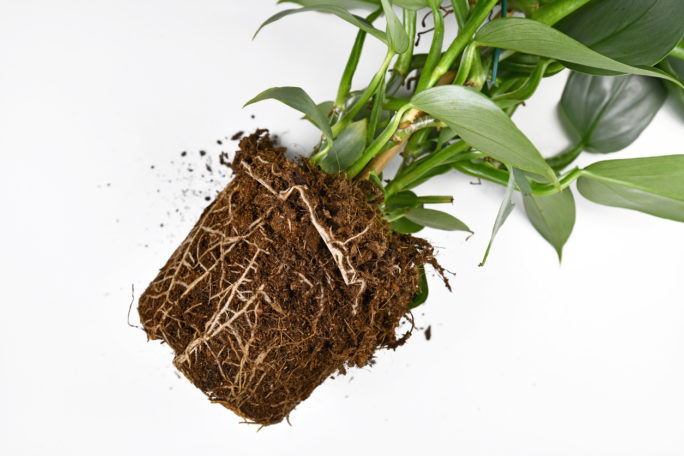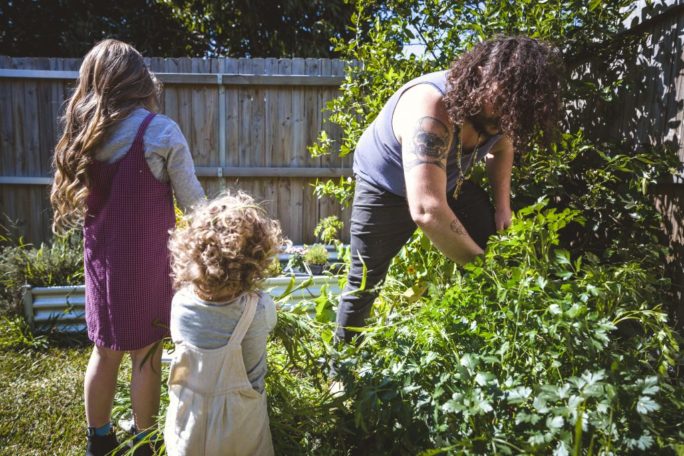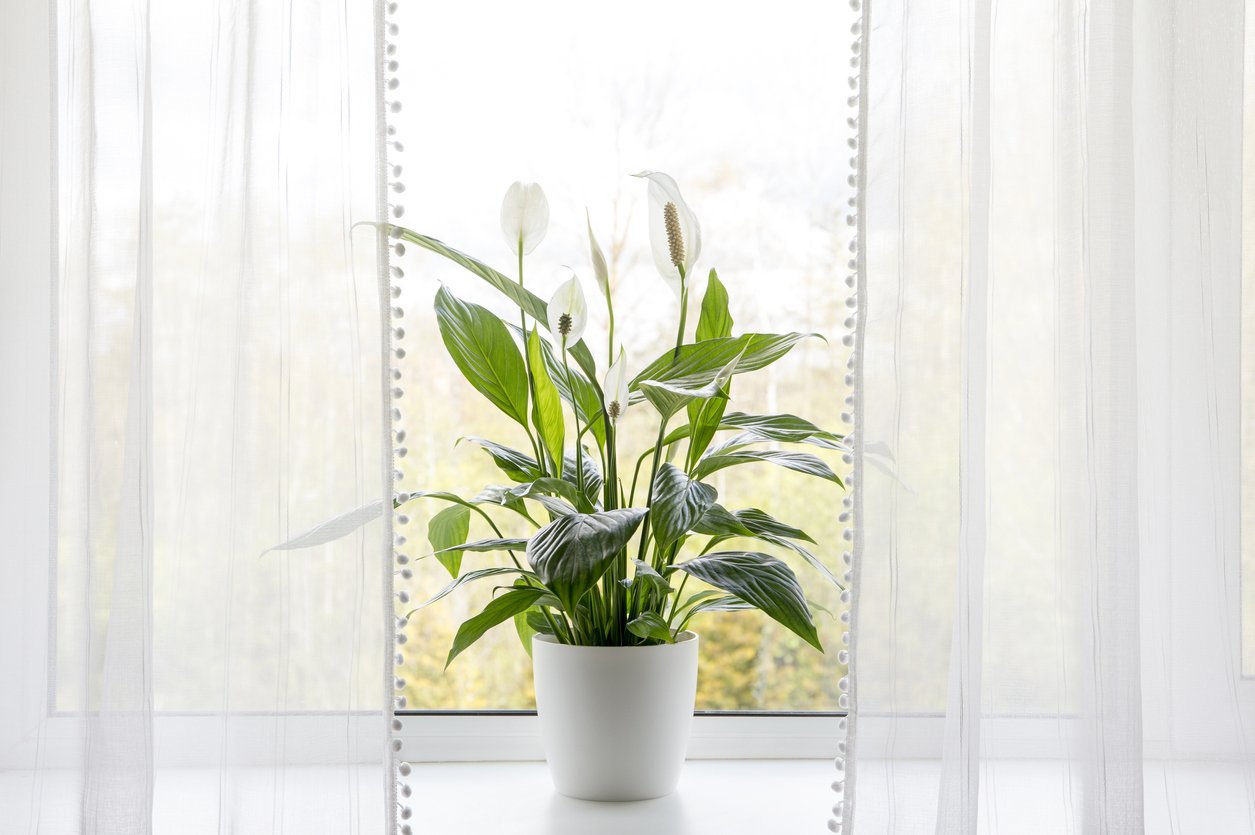Plantfluencer and Soulara Ambassador, Alan Chan, shares this beginner’s guide to home composting.
Are you a little unsure of what to do with all your fruit and vegetable scraps? Have you considered home composting but simply don’t know where to start? Don’t let your kitchen waste go to waste – follow my tried and tested steps to creating nutrient rich soil.
There are a number of great environmental benefits that come with composting, including reducing your food waste from going into landfill, reducing greenhouse gas emissions, and producing super healthy nutrient rich compost that your garden bed and growing house plants will love!
I’m working with the eco conscious team behind plant-based meal delivery service, Soulara, to ensure we’re thinking twice about our impact on the planet – nourishing ourselves with whole foods before giving back to the planet in a more sustainable way.

Firstly, what is compost?
Compost is decomposed organic material and consists of dried leaves as well as plant and kitchen waste like the fruit and vegetable scraps mentioned. It is a natural process of recycling organic matter, producing a mixture that is very rich in plant nutrients and beneficial microorganisms. The finished product looks like fertile garden soil and is perfect to use in your garden to enrich your home soil, and help your plants to flourish.
So how to get started?
1. Consider your lifestyle before choosing the right bin for you.
Compost bins are readily available and there are a number of different options for you to choose from. A few things to take into account:
- How much will you compost – do you cook a lot or do you eat mostly take away?
- How often do you travel away for work often or are you home most of the time?
- What space do you have ie. small city unit or more expansive suburban home?
- Do you live by yourself or have a large family household?
Different bins will suit different needs and lifestyles, here are my recommendations.
Bokashi Compost Bins – an indoor eco-friendly composting system that does most of the composting in a small airtight container. It is perfect if you live in an apartment or have a small kitchen with limited space and because of this, they are a great option for renters. Even if you have more space, bokashi bins have the advantage of being able to compost any organic scraps: meat, bones, vegetables, the lot!
In-ground Compost Bins – a simple and low maintenance and a great method to compost if you have a backyard or large garden space and have larger volumes of green and brown waste. It makes use of the soil life already in the garden bed and helps to improve the soil as the food waste decomposes.
Worm Farm Compost Bins – a popular favourite among many avid gardeners. Special live worms eat away the food waste and create an organic fertiliser for plants. It is a very efficient way to reduce food waste and enrich your entire garden at the same time.
You can purchase most of these compost bins at your local nursery, garden centre or hardware store. Some local councils provide residents a subsidised compost bin of up to 80% off in a great initiative to reduce household waste – so make sure you have a word with them first.

2. What exactly can go into the compost bin?
You will need a mix of green and brown waste to go into your compost bin. For green waste, this includes fruit and vegetable peels, old flowers, grass clippings, tea leaves, vegetable food scraps and plant matter. Oftentimes we forget that our sad looking leftovers can be given a new life! What was once food for you – is fuel for our plant friends too.
For brown waste, this includes dead leaves, straw, dead plants, paper, cardboard and old newspaper. You can even compost crushed eggshells and toilet paper rolls – so include those into your compost bin too. Green garden waste is nitrogen rich and the brown waste is carbon rich – both are important for developing a balanced compost mixture.
A top tip is to ensure you chop your brown and green waste into smaller pieces of about 1 – 2cm where possible. The smaller the pieces of waste, the quicker it will decompose in the compost and the faster you can harvest the rich compost and plant fertiliser.
3. How do I know the compost is ready to use?
The process of composting can take a number of months – so be patient. You will know when the compost is ready to use in the garden when it starts to produce an earthy smell, and is a rich brown colour. Use a pair of gloves and a small shovel, see if the compost mixture can crumble easily, if it does you know it’s ready to be spread.
The compost mixture is a fantastic soil conditioner and when ready, simply scoop it out of the compost bin. The rich compost has beneficial nutrients for your garden beds and can help retain moisture in your garden to also save water usage.
If you’re using the bokashi or worm farm compost bins, make sure to regularly harvest your compost ‘tea’, dilute with water and it makes a great gentle tonic for plants. The micro-organisms in the tea are highly beneficial, helping protect plants against diseases. If you have an in-ground compost, organisms in the soil will come to break down the scraps in the bin, spreading the nutrients to the surrounding garden beds, doing all the work for you!
I hope these helpful hacks have inspired you to kickstart your home composting journey and help reduce the amount of food waste going into landfill. It’s never too late to unleash your green thumb.

ABOUT ALAN CHAN
Alan Chan of @plant.jungle is a millennial plant-fluencer, obsessed with creating and growing his own indoor jungle. Via instagram he shares tips, tricks, and lifestyle hacks for gardening in small spaces, propagation, and plant care. Alan, aka the ultimate green thumb, has created a feel good space online that welcomes and nurtures any like-minded plant lovers.
ABOUT SOULARA
Soulara is a plant-based, ready-made meal delivery company. Our in-house chefs take inspiration from all over the globe to bring you new and exciting meals every week, while our in-house dieticians ensure each meal is nutritionally balanced. This allows you to get plenty of the nutrients you need to thrive while on a plant-based diet, even protein.
As well as being 100% plant-based, Soulara cooks all our meals fresh and uses atmosphere-modified packaging to keep the meals as nutritious and delicious as the day we cooked them. Due to this, you get to enjoy restaurant-quality meals for less from the comfort of your own home.
Whether you’re looking to explore the world of plant-based living and don’t know where to start or simply looking to eat healthier and enjoy more veggies, Soulara is an easy, affordable, and delicious option. Time to feel the plant power, meals starting from $9.10 each.
















